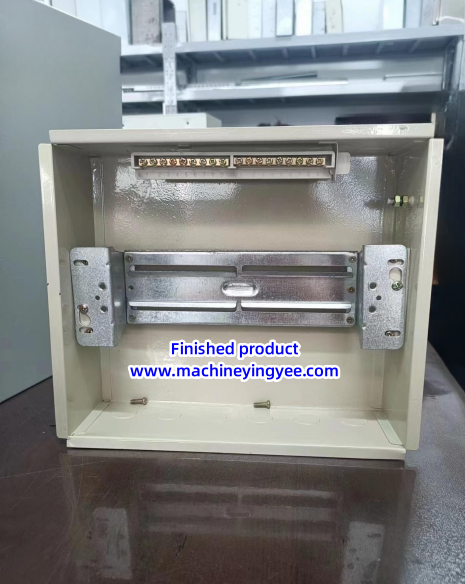
The Steel Downpipe Roll Former Machine A Key Component in Modern Construction
In the ever-evolving world of construction and manufacturing, efficiency and precision are paramount. One of the standout innovations in this domain is the steel downpipe roll former machine. This sophisticated piece of machinery plays a crucial role in producing high-quality downpipes that are essential for effective drainage systems in buildings, ensuring longevity and structural integrity.
What is a Steel Downpipe Roll Former Machine?
A steel downpipe roll former machine is specifically designed to fabricate downpipes from steel coils. Utilizing a series of roll forming processes, this machine transforms flat steel sheets into precisely shaped downpipes. The process begins with the feeding of metal coils into the machine, where they are gradually shaped through a series of rollers. These rollers progressively bend and form the steel until the desired profile is achieved.
The end products - downpipes - are vital components in effective water management systems, directing rainwater away from rooftops and preventing potential damage to structures
. By channeling water efficiently, downpipes help mitigate the risk of flooding, water accumulation, and structural erosion.The Advantages of Using a Roll Former
The steel downpipe roll former machine offers several significant advantages over traditional manufacturing methods. First and foremost, it ensures a high level of accuracy. The precision of roll forming allows for uniformity in all produced downpipes, minimizing waste and ensuring that each piece meets industry standards.

Moreover, the roll forming process is highly efficient. With the ability to produce large quantities in a relatively short time, manufacturers can keep up with the demand in construction and renovation projects. Additionally, since the process does not require extensive labor, it reduces overhead costs while increasing productivity.
Another major advantage is the versatility of the machine. Many roll formers can easily switch between different profiles and materials, enabling manufacturers to adapt to varying market demands without significant downtimes. This adaptability is crucial in a fast-paced industry where client specifications may change frequently.
Applications and Uses
Steel downpipes produced by roll former machines find applications in various sectors, ranging from residential to commercial and industrial constructions. In residential buildings, they are often used as part of rainwater systems, while in commercial applications, they might serve as part of larger drainage and plumbing systems. Additionally, some industrial facilities utilize heavy-duty downpipes capable of withstanding harsher environments.
The machines also cater to custom needs, allowing fabricators to produce downpipes that fit specific project requirements. This capability is particularly beneficial in unique architectural designs where standard sizes may not suffice.
Conclusion
In conclusion, the steel downpipe roll former machine stands as a cornerstone of modern construction technologies. With its ability to produce high-quality, precise downpipes efficiently and cost-effectively, it contributes significantly to the overall quality of construction projects. As the construction industry continues to grow and evolve, the role of such innovative machinery will only become more critical, paving the way for a future where efficiency and sustainability go hand in hand. The evolution of the steel downpipe roll former machine showcases a perfect blend of technology and practicality, reinforcing its importance in the building and construction sector.